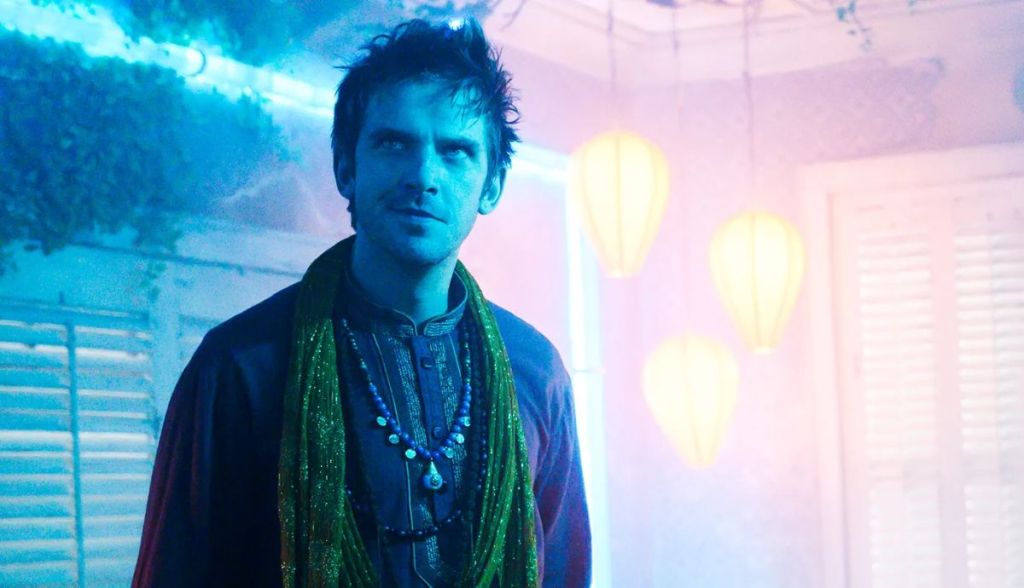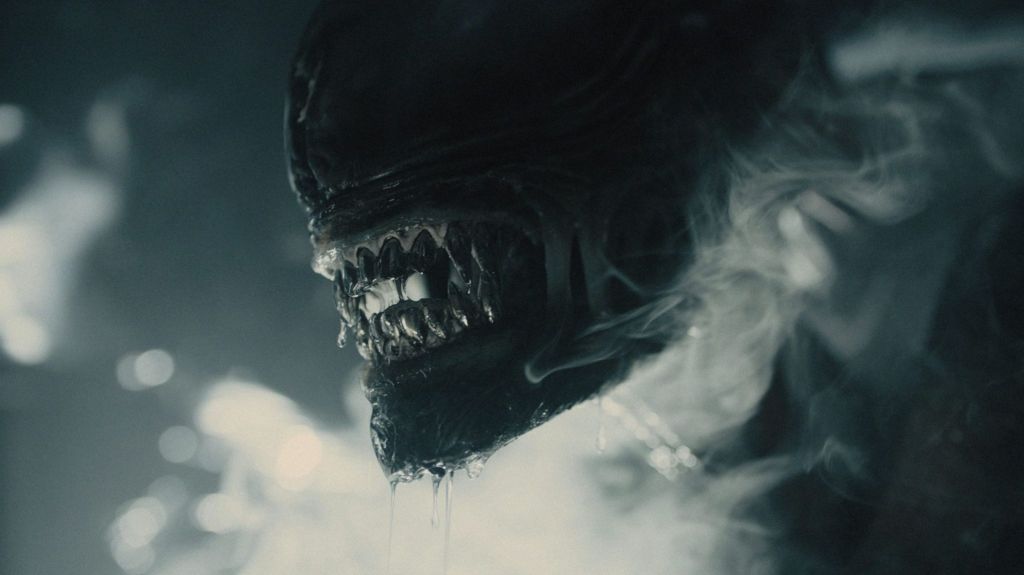Alien has always been synonymous with the terrifying design of the xenomorph and the visceral body horror it unleashes. From Chestbursters to Facehuggers, the biological nightmare created by H.R. Giger has been the undisputed star of the sprawling multimedia franchise Ridley Scott kicked off in 1979. However, beneath the acid blood and double jaws, Alien has consistently explored unsettling questions about humanity, including the dire consequences of unchecked corporate power, the vast chasms of social inequality, and the ever-blurring lines of artificial intelligence. Now, with FX’s upcoming series Alien: Earth, creator Noah Hawley seems poised to delve into these thematic undercurrents deeper than ever before, particularly through the introduction of a new class of synthetic beings: hybrids. While the inevitable appearance of the iconic extraterrestrial predator will undoubtedly draw in a massive audience, it’s this exploration of consciousness, corporate ambition, and the very definition of life that promises to be the most thrilling aspect of Alien: Earth, especially under Hawley’s distinctive creative vision.
Videos by ComicBook.com
The recently released synopsis for Alien: Earth sets a chilling stage for the year 2120, a mere two years before the events of the original Alien film. By the time the series starts, Earth is governed by five powerful corporations: Prodigy, Weyland-Yutani, Lynch, Dynamic, and Threshold. In this “Corporate Era,” society is a mix of humans, cyborgs (humans with biological and artificial parts), and synthetics (humanoid robots with artificial intelligence). The game, however, is set to be irrevocably altered by the wunderkind Founder and CEO of Prodigy Corporation, who unlocks a new technological marvel with the hybrids, described as humanoid robots infused with human consciousness.
[RELATED: Alien, Predator, and Terminator Redefined Slasher Horror by Adding a Sci-Fi Twist]
The first hybrid prototype, Wendy (Sydney Chandler), is hailed as the dawn of a new age in the pursuit of immortality. This premise alone is fertile ground for Noah Hawley, whose previous critically acclaimed works, Fargo and Legion, have masterfully dissected themes of identity, the fragility of the self, the ethics of power, and the often-surreal nature of existence. As such, the concept of hybrids in Alien: Earth taps directly into the morally complex, character-driven storytelling that has become Hawley’s signature, suggesting a narrative rich with existential questions even before a single xenomorph rears its elongated head.
Noah Hawley’s Unique Lens on Reality & Identity

In his TV work, Noah Hawley fundamentally reconstructs existing properties instead of merely adapting them, transforming familiar worlds into stages for intense character studies and explorations of complex human realities. His work on Legion stands as a primary testament to this approach. The series, centered on the Marvel Comics character David Haller (Dan Stevens), plunged viewers directly into the splintered psyche of its protagonist. Offering a bewildering immersion into David’s subjective experience, Legion constantly tears and re-stitches the fabric of reality to question how the human mind can shape the world around it. Hawley achieved this by prioritizing David’s internal journey, utilizing disorienting visuals, an unreliable narrative structure, and jarring shifts in perspective to make the character’s unstable mental state and unique perception of the world the series’ core narrative engine. In addition, the show consistently questioned the nature of memory and sanity, compelling audiences to experience the world through an unconventional and deeply fractured lens.
Similarly, Hawley’s acclaimed anthology series Fargo demonstrates his talent for dissecting the corrosion of morality and the multifaceted ways individuals perceive and react to extreme circumstances. Each season meticulously charts the descent of ordinary people into criminality, exploring how their personal histories, perceptions of threat, and often-flawed memories drive their fateful decisions. Beyond the intricate plots, Fargo excels in portraying the insidious ways systemic corruption and unchecked ambition can dismantle lives, all while examining the sometimes tragic and sometimes darkly comic ways its characters interpret and navigate their chaotic realities. As a result, Hawley’s unique take on the crime genre involves a deep dive into the subjective experiences and moral justifications of his characters, showcasing his fascination with individuals who see and interact with the world in decidedly different ways. All of that makes Hawley the best creative mind to explore the boundaries of consciousness within the Alien franchise.
Alen: Earth‘s Hybrids Take the Franchise Into an Exciting New Direction

The placement of Alien: Earth in 2120 means that the advanced hybrid technology introduced by Prodigy Corporation, specifically the human-consciousness-infused Wendy, is notably absent from the established cinematic timeline that follows. This strongly suggests that the hybrid program is either a closely guarded secret during the events of Alien: Earth, a catastrophic failure that gets buried, or perhaps deliberately eradicated by a competitor like the ever-present Weyland-Yutani. This inherent mystery surrounding the fate of the hybrids allows Hawley to tell a self-contained story that can explore radical new ideas without necessarily breaking established canon.
The very nature of Alien: Earth‘s hybrids forces an exploration of profound existential questions concerning identity, autonomy, and the essence of humanity, especially when such beings could be considered corporate assets. Hawley’s demonstrated mastery in dissecting the complexities of selfhood and perception makes him uniquely suited to navigate the intense psychological and philosophical journeys these characters will undoubtedly undertake. Furthermore, Noah Hawley’s penchant for surreal visuals and non-linear storytelling, particularly evident in Legion, could find a powerful new outlet through the perspective of the hybrids. Hawley can leverage the hybrids’ unique sensory inputs and cognitive processes to craft mind-bending sequences, visualizing how these beings might experience memory, reality, and their own evolving identities.

This approach promises to inject a novel form of psychological horror into the franchise. Because of the hybrids, Alien: Earth can depict not only the external terror of the “mysterious life forms” teased in the synopsis but also an existential dread rooted in the hybrids’ potentially fractured or uniquely enhanced consciousness. As these characters confront the horrors of a corporate-controlled Earth and the inevitable xenomorph threat, their internal struggles with what they are becoming could prove to be the most unsettling and innovative aspect of Hawley’s vision for Alien. Therefore, Alien: Earth has the potential to push the franchise’s thematic boundaries, delving deeper into the nature of identity and what it truly means to be human in a world on the brink of radical technological transformation.
What philosophical and existential horrors do you think Noah Hawley will unleash with the introduction of hybrids in Alien: Earth?








